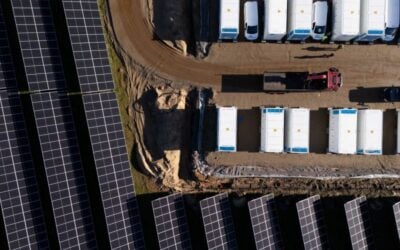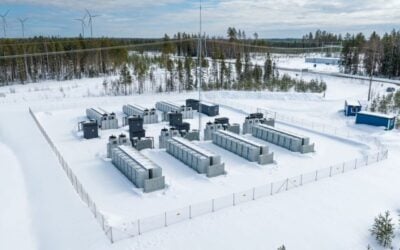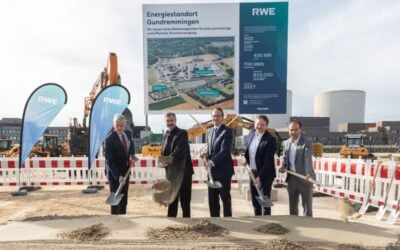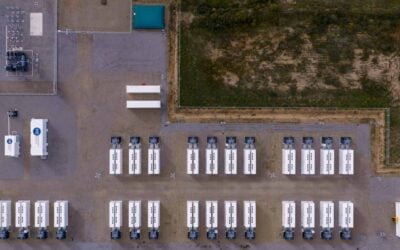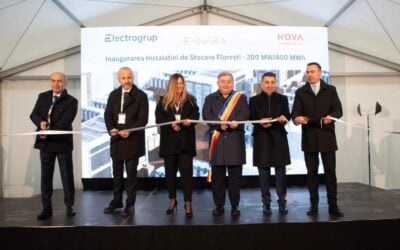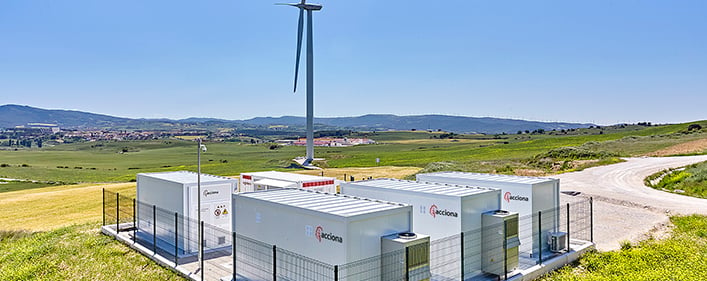
There exists a strong potential for energy storage to provide ancillary services in the Iberian Peninsula’s booming renewables market, but regulatory stability should be provided to encourage the sector’s growth.
That was one of the takeaways from a panel discussion focussed on Spain and Portugal at the ongoing Energy Storage Summit 2021 virtual event.
Berto Martins, director of electricity markets at utility company EDP Portugal, said ancillary services will be the “key driver” to maintain system security and provide the correct frequency response within an increasingly renewables-based electricity system. “Balancing the whole system, I am very optimistic that batteries will play an important role in the next decade in the Iberian Peninsula,” he said.
EDP last week announced the formation of a new energy storage unit that will target 1GW of capacity by 2026, and also revealed plans to add more than 50GW of renewables by 2030.
Try Premium for just $1
- Full premium access for the first month at only $1
- Converts to an annual rate after 30 days unless cancelled
- Cancel anytime during the trial period
Premium Benefits
- Expert industry analysis and interviews
- Digital access to PV Tech Power journal
- Exclusive event discounts
Or get the full Premium subscription right away
Or continue reading this article for free
Despite the strong growth ambitions, Martins warned that current regulations in Iberia need updating. “Stable policy should be here. Investors will only be present and banks will only be financing the projects if there is regulation and stability,” he said.
While there are regulatory issues to be resolved to support storage, Martins praised Portugal’s solar auction strategy, which last year saw 12 batches awarded to solar-plus-storage projects and will result in at least 100MW of storage to be deployed by 2024. “The way in which the Portuguese government did the specifications of the auctions was in fact a very innovative way,” Martins said.
The possibility of including bids with energy storage was also included in Spain’s latest renewables auction, which took place in January and saw bidders secure a total of around 3GW of capacity, of which more than 2GW was solar PV. With the auction rules specifying that energy storage projects would only be able to charge from a renewable project they are paired with, the technology didn’t feature, leading to calls for the government to alter the regulatory framework to ensure energy storage is included in the future.
Alejandro Labanda, director of regulation and studies at Spanish PV trade association UNEF, said during the panel discussion that it should come as no surprise that storage didn’t feature in the auction given that the technology competed directly with renewables. “If we want the storage auction or the renewable-storage auction to be successful, we should create a specific regime for this,” he said.
With Spain’s auction mechanism foreseeing a total of around 19.4GW of renewables to be assigned by 2025 and the country looking to reach 30GW of storage capacity by the end of the decade, Labanda said the government should start work on a new storage-friendly framework as soon as possible as it could take up to two years to create.
He said authorities should establish what is the best type of scheme for Spain’s system, carry out public consultation and then try to introduce regulation, “because otherwise it’s going to be too late”.
The Energy Storage Summit 2021 continues on 3 March while all previous sessions are available to view on-demand for attendees. See the website for more details.

